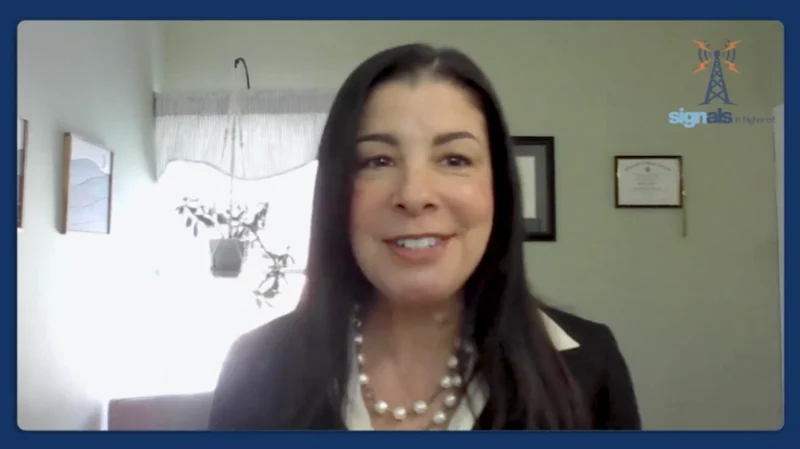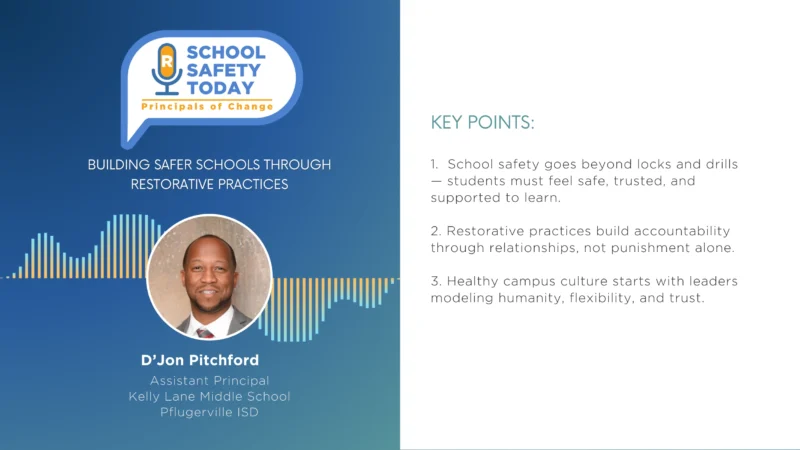Achieving Financial Security in a DisruptED World
In the wake of a tumultuous economic climate, the conversation around financial security has never been more relevant. A recent survey by Bankrate reveals that Americans believe they need to earn an average of $233,000 per year to feel financially secure, a figure significantly higher than the average earnings of a full-time worker in 2021, which was about $75,000. The survey also shows that only 28% of Americans feel entirely financially secure, with high inflation, the economic environment, and rising interest rates cited as the main obstacles to financial comfort.
What does it take to feel financially secure in today’s disrupted world?
Welcome to DisruptED: Education and Upskilling Edition, hosted by Ron J Stefanski. In this episode to discuss the concept of financial security and its redefinition in today’s rapidly changing world, Joining Stefanski is Rod Griffin, Senior Director of Public Education and Advocacy at Experian.
Stefanski and Griffin discuss several topics, including the following:
- The findings of a recent survey on financial security among Gen Z and Millennials
- The role of financial literacy in empowering individuals to navigate the complexities of today’s economy
- The challenges and opportunities presented by the digital age in disseminating financial education
Rod Griffin is a renowned figure in the field of financial literacy. With over 26 years at Experian, he has dedicated his career to consumer education and financial literacy. He is the co-author of “Credit Report for Dummies” and a regular on the national speaking circuit, offering his perspective on financial literacy. His work at Experian involves helping people understand how to engage in the industry and use their credit reports for financial benefit.




